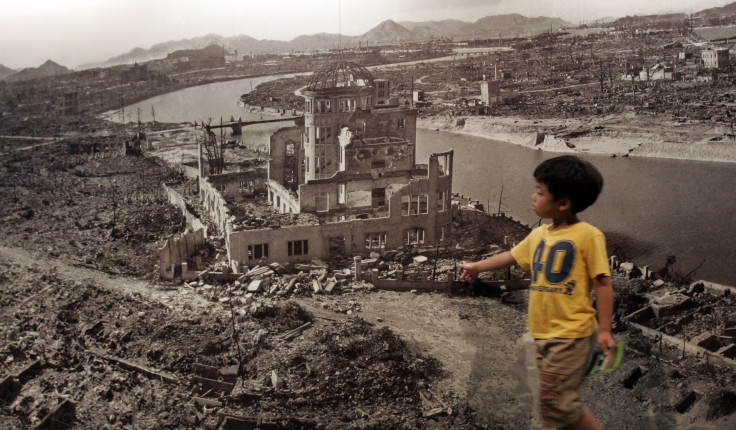Russia seeks military tribunal to examine Hiroshima and Nagasaki bombing by the US

Russia has demanded an international military tribunal to look into the atomic bombings of Hiroshima and Nagasaki in Japan by the United States. This demand was made by Russian Parliament speaker Sergei Naryshkin while speaking at a function in Moscow State University recently.
Speaking at the round table dedicated to the 70th anniversary of the atomic bombings of the Japanese cities, Naryshkin said specialists in military science are still debating whether it was permissible to use nuclear weapons. He said that called for a tribunal to examine the relevant international law relating to wartime practices. Naryshkin’s demand for a tribunal was supported by Vice-speaker Duma Andrei Isayev. The bombing of Japanese cities during the Second World War by the U.S. killed at least 130,000 people and it was the first time in a war that nuclear weapons were used.
Special report
During the round table discussion, the Russian Foreign Ministry distributed a copy of a special report filed by its staff at the Soviet Embassy to Japan with a first hand account from the bombing site, which they visited in 1945. Officials said they were making the document public for the first time.
The report describes the scene; “It was raining heavily on the day the team arrived in Hiroshima. The train station and the town were obliterated with no cover against the rain.” Citing witnesses to the blast, the report said, "A huge explosion followed a flare-up, and many people were subsequently burned to death." On the radioactive impact on people, the report quoted a doctor named Fukuhara, who said many had their white blood cell count plummet and were bleeding from the nose and eyes. Many died after three to four days from the radiation exposure. Nagasaki had no survivors at the ground zero. According to a witness, a child, who had climbed a tree, was saved thanks to the thick layers of leaves and escaped death, while a child on the ground died tragically. Referring to the unpublished report, the speaker said the society's interest in the issue is still high. He declared that the document will be uploaded on the Russian Historical Society's web site very soon.
Speaker Naryshkin visited Japan in May and there, he also strongly condemned the U.S. for the bombings and called it a "crime against humanity, which still has not been correctly assessed." The comments were made when he was addressing the annual Russian-Japanese Forum in Tokyo.
Japan’s reversal
Meanwhile, Japan is in a transformation with regard to its peacenik positions that it assumed soon after the bombing catastrophe, which sparked off many peace movements and spread worldwide with feelings against nuclear weapons. From the unique “Peace Constitution" in 1947 to renunciation of war and armed forces in resolving conflicts, except in self-defense, Japan's creed is changing now, with Prime Minister Shinzo Abe pushing for an unpopular legislation to allow Japan to fight in foreign conflicts, by seeking to rewrite a part of the constitution, reports The Diplomat .
For feedback/comments, contact the writer at feedback@ibtimes.com.au or let us know what you think below.





















